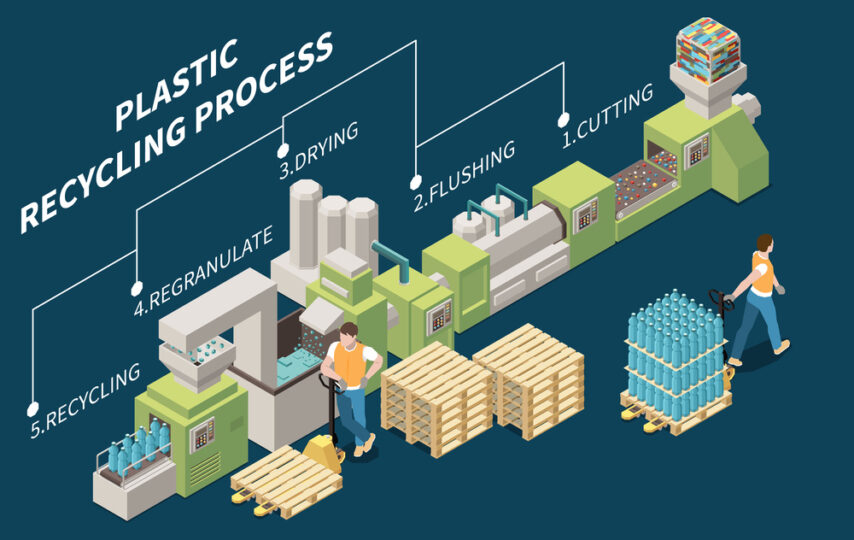We have been hearing for quite some time that plastic recycling in the U.S. is dead. That is not quite true, but it is pretty close. The interesting thing is that it doesn’t have to be. We could keep tons of post-consumer plastics out of landfills if we just changed the way we did things. Need proof? Look no further than the UK, where a program staffed largely by volunteers recycles tons of plastics that would otherwise be landfilled.
The Washington Post ran a story on the project in mid-March 2023. The story began by discussing a local mother who, while feeding her baby from a plastic pouch, realized the pouch was not recyclable in her community. That bothered her. So what did she do? She began researching ways to change things. That led her to finding the volunteer program she now participates in.
Post-Consumer Municipal Recycling
Recycling post-consumer plastics in the UK is pretty similar to what we have here in the States. It is a municipal thing. Various communities establish public programs financed by tax dollars. The programs recycle post-consumer plastics, but only those plastics they can actually turn around and sell. Plastics that do not qualify for the program get thrown in the trash.
The good news for interested UK residents is that a number of private recycling companies are more than happy to take plastic waste off their hands. That is where the volunteers come in. According to the Washington Post, volunteers set up local community collection points in their homes or public gathering places. Residents drop off their recycled materials on their own schedules.
The volunteers sort and clean everything that comes in. When they have enough volume of a given plastic, they call the private recycler who arranges for the material to be picked up. The company does not pay the volunteers, but it does cover the cost of shipping. Materials are collected from the volunteers and sold to manufacturers who can use them to create new products.
Commercial Recycling Works the Same Way
The UK volunteer program may be a novel approach to recycling post-consumer plastics, but the same approach has been alive and well in commercial plastic recycling for decades. The big difference is that the commercial sector doesn’t have to rely on volunteers. It is all in the process.
For better understanding, let us look at a Tennessee company known as Seraphim Plastics. The company buys industrial plastic waste in seven states. They buy things like plastic totes, cutoffs and purge, and plastic pallets. All the material is reduced to regrind via a series of grinders and shredders. The regrind is sold to manufacturers.
Seraphim doesn’t sort and clean the plastics themselves. They do not utilize volunteers, either. Rather, the companies from whom they buy the scrap plastic take care of it themselves. They separate plastics in the warehouse. When cleaning is required, and that is not very often, it is handled in-house as well.
Labor Is Eliminated
Whether it’s Seraphim Plastics or private recyclers in the UK, the common thread to their success is the elimination of costly labor. The companies do not have to spend money on sorting and cleaning. This allows them to sell the recycled plastic material at a price low enough to make it attractive. And because they can do it, they make a profit.
Recycling plastic is possible with the right processes in place. We are doing it here commercially. Volunteers in the UK are doing it with post-consumer plastics. Both scenarios are proof that we can improve recycling success if we really want to.







